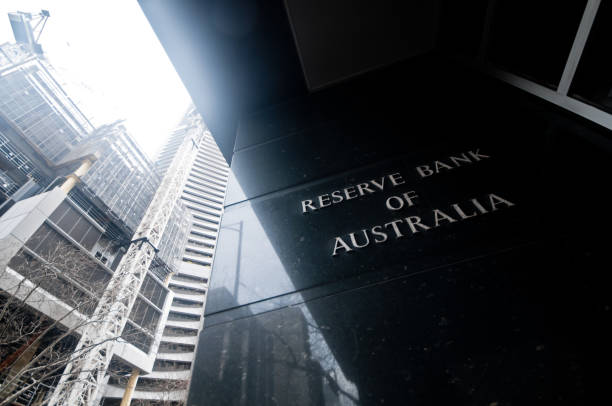As widely anticipated, RBA lowered the cash rate for a second consecutive month in July. After the -25 bps cut, the policy rate has reached a fresh record low of 1.75%. It is just the beginning of RBA’s new round of easing. At the concluding statement, it pledged to adjust the monetary policy if needed”.
On recent economic developments, RBA acknowledged that the latest GDP growth came in “below-trend” and household consumption was “subdued, weighed down by a protracted period of low income growth and declining housing prices.” Yet, it still remained confident that “the Australian economy remains reasonable, with growth around trend expected”. The members still judged the job market as “strong” but noted “there has been little inroad into the spare capacity in the labour market recently, with the unemployment rate having risen slightly to 5.2%”. They reiterated the stance that “the Australian economy can sustain lower rates of unemployment and underemployment”.
The members noted that “inflation pressures remain subdued across much of the economy”. Yet, they continued to anticipate inflation “to pick up, and will be boosted in the June quarter by increases in petrol prices”. The central scenario remains for underlying inflation to be around +2% in 2020 and a little higher after that”.
Regarding the back-to-back rate cut this month, RBA indicated that the cut “will support employment growth and provide greater confidence that inflation will be consistent with the medium-term target”. It added that “the central scenario for the Australian economy remains reasonable, with growth around trend expected”.
On the monetary policy outlook, the statement noted that “the Board will continue to monitor developments in the labour market closely and adjust monetary policy if needed to support sustainable growth in the economy and the achievement of the inflation target over time”.


 Signal2forex.com - Best Forex robots and signals
Signal2forex.com - Best Forex robots and signals




